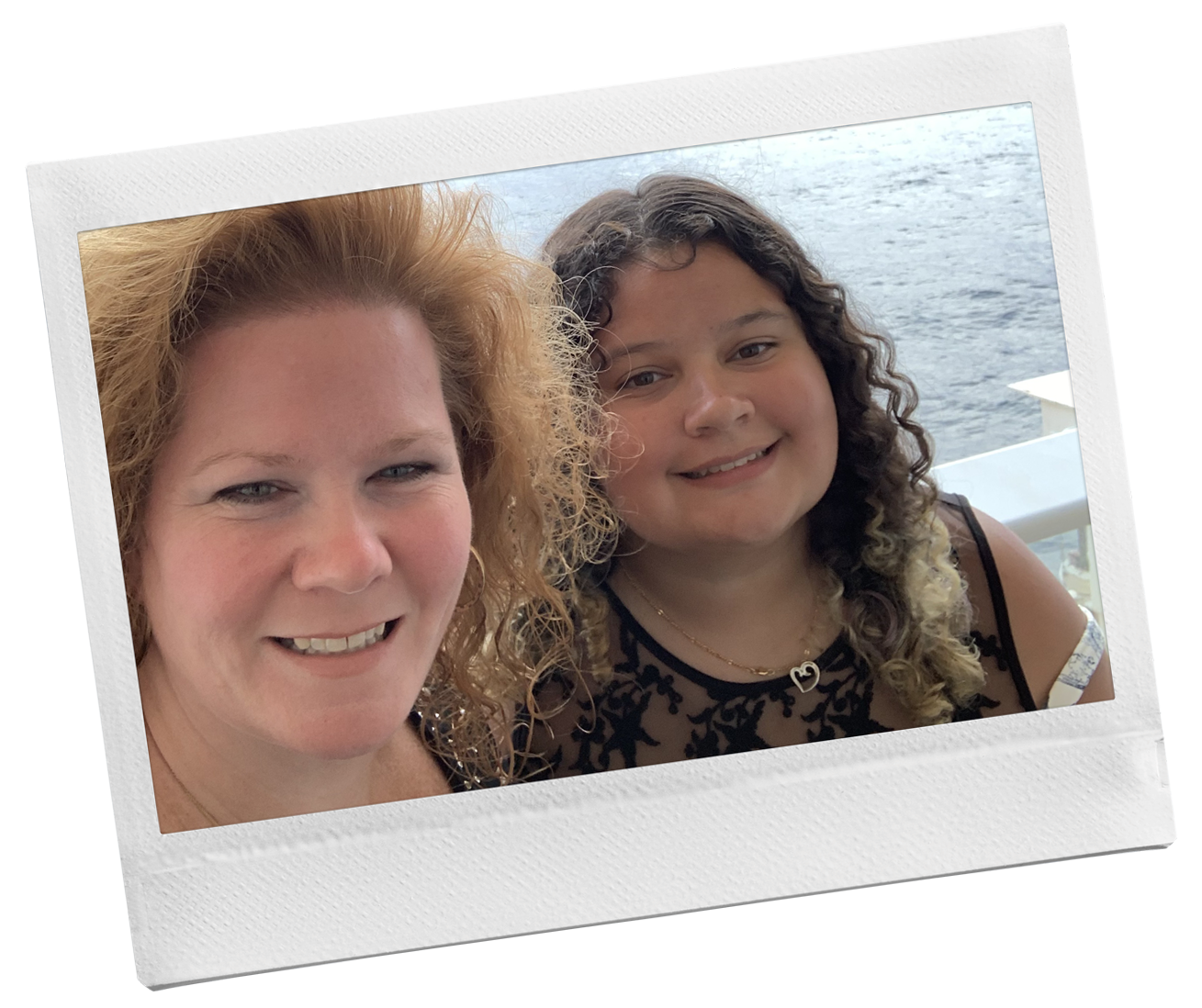Why Every Parent Must Understand the Link between Social Media and Mental Health
By Erin Popolo, mother of Emily “Emmy” Murillo, forever 17
My daughter Emily, or Emmy, to me, was not your average American kid. She was diagnosed with learning disabilities and dyslexia when she was 6 years old, which meant that she processed information at a slower pace than many other children. She was also bi-polar, a mental health disorder that causes severe mood swings and which often exacerbated her frustration at not being able to keep up. All of these conditions combined often made it difficult for her to connect with her peers.
But, man, did we love her anyway. Emmy was the kindest person and incredibly generous. She would have given the shirt off of her back to anyone who asked.
For people like Emmy who have bipolar disorder, social media use may worsen mood swings, exacerbate depression, isolation, anxiety and more during depressive episodes.
Other kids didn’t always see or appreciate that. But they sure did pick up on her differences. And from the time she was little, Emmy was teased constantly. When she was still young, I could mostly talk her through it. I could fill her cup back up after the kids at school who bullied her had knocked it over.
But then the pandemic hit and she, like kids everywhere, was forced online for school, community and connection. The result was horrific. She was online for hours every day while my husband and I worked and the cyber bullies came for her immediately. ‘You’re fat,’ they’d tell her, or ‘you’re stupid.’ ‘Why are you even alive?’ someone asked.
And I couldn’t talk her through it anymore. In January 2021, after nearly a year of intense cyberbullying, Emmy died by suicide.
There is growing concern among experts that social media use can seriously undermine young people’s mental health. In the spring of 2023, the former Surgeon General even issued an advisory in which he said that “while social media may have benefits for some children and adolescents, there are ample indicators that social media can also have a profound risk of harm to the mental health and well-being of children and adolescents.” He followed up in June of 2024 by calling for warning labels on social media platforms.
Recent studies have suggested that children who spend more than three hours a day on social media face double the risk of poor mental health outcomes like depression and anxiety. Some others have suggested a higher risk, in particular from social media use, to adolescent girls and children already suffering from poor mental health.
For people like Emmy who have bipolar disorder, social media use may worsen mood swings, exacerbate depression, isolation, anxiety and more during depressive episodes, or lead to sleep disruption, which can in turn set off manic episodes and impulsive behaviors. This is only my conjecture, but for a product designed to addict children especially – because, of course, the longer kids scroll the more money Big Tech rakes in – the impact on those with bipolar disorder who have a hard time controlling their moods and impulses, is a recipe for disaster. I do believe, had Emmy not suffered from bipolar disorder, the cyberbullying might not have affected her as severely as it did. She might have been better able to withstand it.
Emmy and I did our best to outlast those cyberbullies. We tried to block them, but they always found ways around us. I also tried to report all of this to Instagram and Snapchat. But good luck finding a phone number or email and, if you do, getting any kind of response whatsoever. Before all of this, Emmy had a big personality. She was an exuberant kid. But the longer she was on social media and the more cyberbullying she endured, the more muted and deflated she became. Her spark dimmed until it went out completely.
So, during this Mental Health Awareness Month, it’s imperative that I honor Emmy’s memory by telling her story and speaking out about the real, tangible, and highly dangerous connections between social media use and poor mental health for kids. Because, from my experience, social media platforms pose significant risks to young people; risks that are only amplified for those children who already struggle with mental health conditions.


